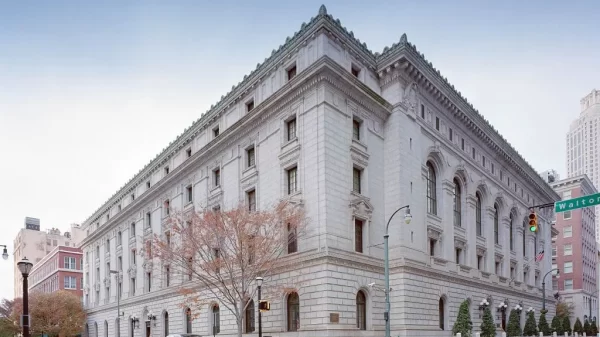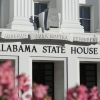|
Getting your Trinity Audio player ready...
|
An Alabama House committee will vote on whether to advance a bipartisan bill allowing high school athletes in the state to receive compensation for using their name, image and likeness.
HB489, sponsored by Rep. Jeremy Gray, D-Opelika, would allow high school student athletes to participate in endorsement deals and other NIL opportunities under specific guidelines. Gray filed similar legislation during the 2024 legislative session.
The bill was assigned to the House Economic Development and Tourism Committee, which will hold a public hearing this week.
The legislation follows a nationwide interest in NIL rights sparked by the NCAA’s 2021 decision to allow college athletes to monetize their personal brands. Alabama is currently one of nine states that don’t allow high schoolers to profit from NIL deals.
Since the NCAA lifted its ban on college athletes profiting from NIL in 2021, several states, including Georgia, Louisiana and Tennessee, have expanded NIL rights to the high school level.
Under the proposal, student athletes could be compensated for commercial endorsements, personal appearances and social media promotions. However, the bill strictly prohibits NIL deals from being linked to athletic performance, recruiting inducements or direct support from schools.
Students would not be allowed to use school logos, uniforms or facilities when creating promotional content or during promotional activities. Notification to the school principal or athletic director would be mandatory at least seven days before entering into a deal.
In 2022, the state repealed its original restrictive NIL law for collegiate athletes to allow more flexibility at the higher level. HB489 would position Alabama alongside the expanding list of states seeking to expand NIL opportunities for younger athletes.
The bill also requires that student-athletes and their parents or guardians receive professional guidance on the financial and legal implications of NIL contracts before signing any agreements, as it pertains to “the potential impacts and consequences of receiving the compensation, including collegiate financial aid and tax implications.”
If passed, the legislation would take effect on Oct. 1, 2025.


















































